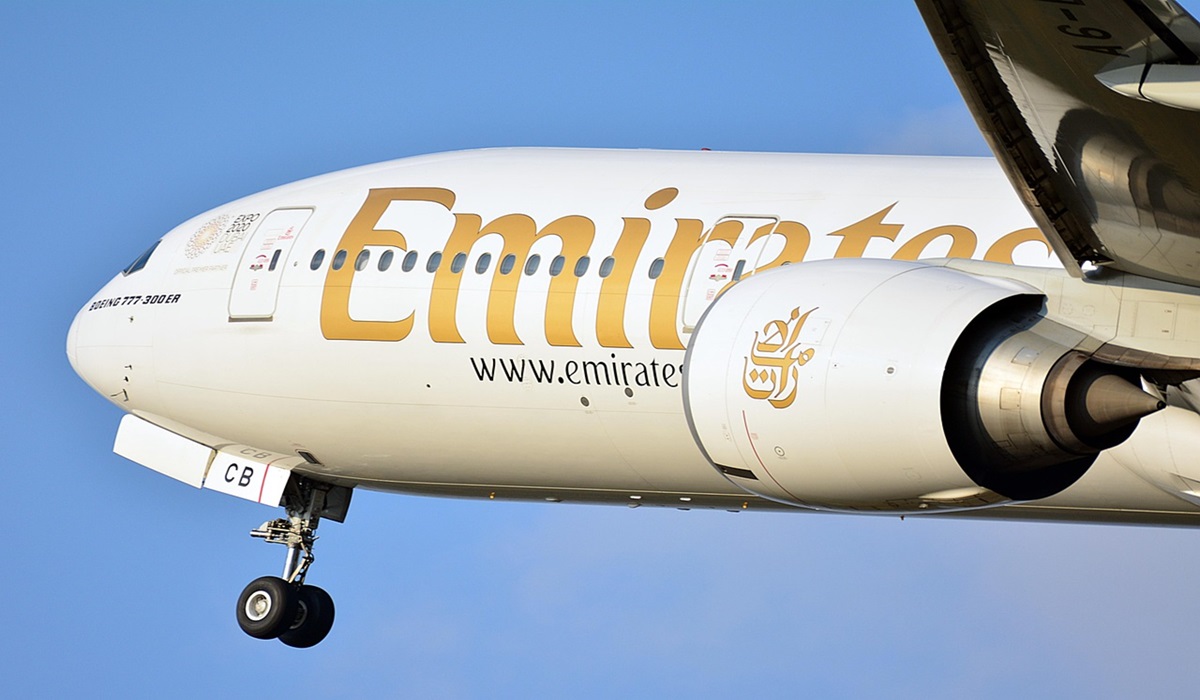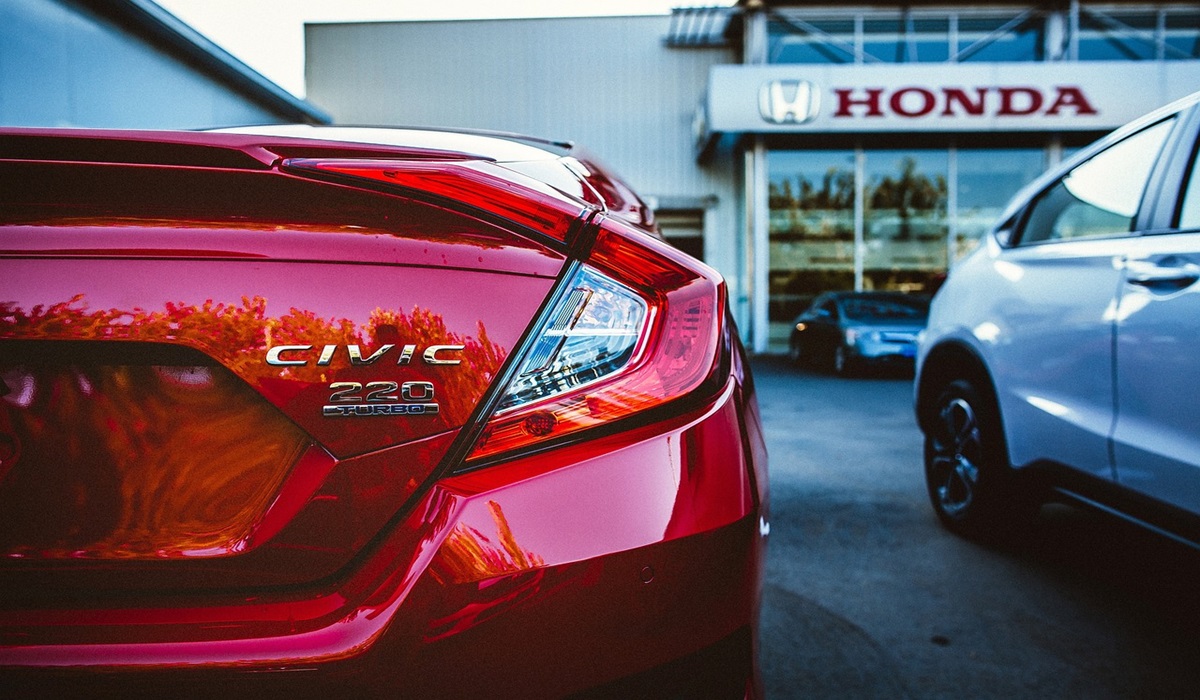Emirates, KLM, and Qantas Just Made a Huge Move—And It’s Bad News for Boeing
- TDS News
- Africa
- D.O.C Supplements - Trending News
- March 6, 2025

Image Credit, István
Boeing’s dominance in the global aviation industry is eroding, and the latest announcements from Emirates, KLM, and Qantas serve as another glaring indicator of this shift. These airlines—some of the biggest names in international travel—are rethinking their fleet strategies, facing long delivery delays, safety concerns, and supply chain issues that have plagued Boeing for years. At the same time, China’s COMAC is steadily eating into the market share once monopolized by the American aerospace giant, signaling a rapidly changing global aviation landscape.
Emirates, known for its long-haul routes and premium services, has been diversifying its fleet beyond Boeing, turning increasingly toward Airbus. The airline has already been vocal about its frustrations with Boeing’s repeated delays in delivering the 777X, which was initially expected years ago but has now been pushed back to at least 2025. Instead of waiting indefinitely, Emirates has placed significant orders with Airbus, including the A350 and additional A380s, solidifying Airbus as its key supplier. This move is a major blow to Boeing, which once counted Emirates as one of its most loyal customers.
Meanwhile, KLM, the Dutch flagship carrier, has taken a similar route, announcing its plans to move away from Boeing in favor of Airbus for its future narrow-body fleet. The airline’s decision follows a growing trend among European carriers opting for Airbus aircraft due to their reliability and the ongoing production challenges at Boeing. KLM’s decision underscores the mounting frustrations that many airlines feel toward Boeing’s inability to deliver aircraft on time and with confidence in their long-term safety.
Qantas, the Australian aviation giant, has also made waves by pivoting toward Airbus, particularly for its long-haul “Project Sunrise” routes. The airline has committed to the A350-1000 for its ambitious non-stop flights between Sydney and New York or London, once seen as a golden opportunity for Boeing’s 777X program. Boeing’s inability to keep pace with Qantas’ needs has left the airline with little choice but to move forward with Airbus, further reinforcing the shift away from the once-mighty American manufacturer.
The growing disenchantment with Boeing isn’t just about delays—it’s also about safety. Boeing has faced a series of scandals, from the tragic 737 MAX crashes to the more recent mid-air door blowout of an Alaska Airlines 737 MAX 9. Airlines and regulators alike are increasingly wary of Boeing’s ability to maintain high manufacturing standards. Even as the company scrambles to reassure customers, the repeated quality control failures have left lasting damage to its reputation.
Compounding Boeing’s woes is the rise of China’s COMAC, which has been steadily making inroads into the aviation market. While COMAC’s C919 is not yet a direct competitor to the 737 or A320 on a global scale, it is rapidly gaining ground in China and other emerging markets. Beijing’s push for domestic aerospace self-sufficiency means that Chinese airlines, which once relied heavily on Boeing, are now shifting purchases toward COMAC. As China continues to expand its aviation industry, Boeing faces the risk of losing one of its most important growth markets, further accelerating its decline.
Boeing is no longer the unchallenged global titan it once was. Emirates, KLM, and Qantas are just the latest airlines to distance themselves from the company, and if current trends continue, more will follow. With Airbus expanding its market share and COMAC steadily growing as a viable alternative, the global aviation industry is changing faster than Boeing can keep up. Unless Boeing finds a way to fix its production delays, restore confidence in its safety standards, and regain trust from major airlines, it risks being permanently sidelined in an industry it once dominated.








